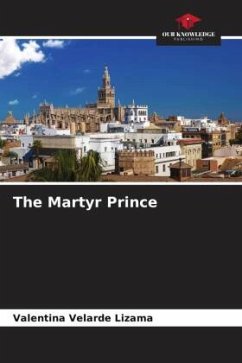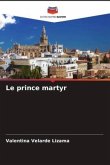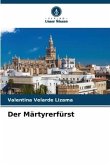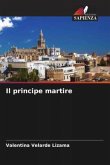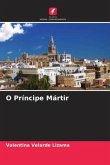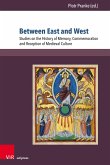The rebellion of Saint Hermenegild was one of the most important events of Leovigild's reign. In addition to dividing Spain in a civil war that brought great harm to Goths and Hispano-Romans, it triggered the conversion of his brother Recaredo to Catholicism and, after him, that of most of the Arian Visigoths. Once his empire was pacified, Leovigild gave his first-born son, Hermenegild, a territory to rule. In 579, the prince moved to Baetica and converted to Catholicism. Soon after his baptism, he was proclaimed king in Seville. His uprising was joined by many of the cities and castles in the region. This rebellion against the legitimate power of his father made Hermenegild a tyrant, and the war in which he involved the nascent Hispania earned him the reprobation of the most nationalistic spirits. It is not possible to be sure that Hermenegild's rebellion was due to his conversion; but to venture that his Catholicism won him the sympathy of the Suevi, the Hispano-Roman Levantines of Baetica and the more orthodox clergy does not seem too bold. Why did Hermenegild convert, what was involved in his rebellion and how did his martyrdom come about?

